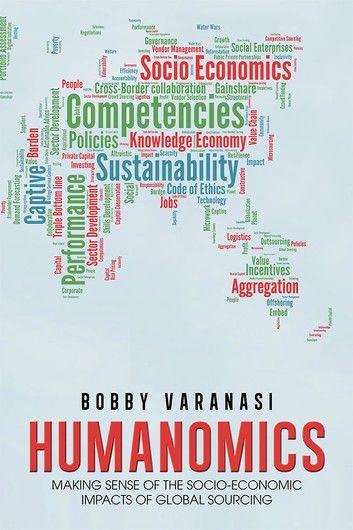Outsourcing has evoked innumerable emotions globally, spanning the spectrum of excitement to consternation. From job losses and cheap labor to cost savings and innovation, services globalization seems to have delivered on the promise. Or has it really? Sustained pursuit of collaborative models and global service supply chains seems to have furthered the goal of capitalism, a bandwagon endorsed by corporations and (of late) emerging nation governments as well. The promise of jobs is too alluring to reject; the rhetoric of commoditization too onerous to deny; technological advances too pervasive to dismiss; shifts in economic well-being too potent to ignore. Consequently such pursuits have seemingly put sustainable development on a collision course with economic growth. How has sourcing contributed to this? How could sourcing models enable nations create sustained socio-economic value? Do commercial pursuits have room to co-exist with social well-being? This book is one humble attempt at deciphering this complex maze.








![塔木德:猶太人的致富聖經[修訂版]:1000多年來帶領猶太人快速累積財富的神祕經典 塔木德:猶太人的致富聖經[修訂版]:1000多年來帶領猶太人快速累積財富的神祕經典](https://media.taaze.tw/showLargeImage.html?sc=11100697818)


